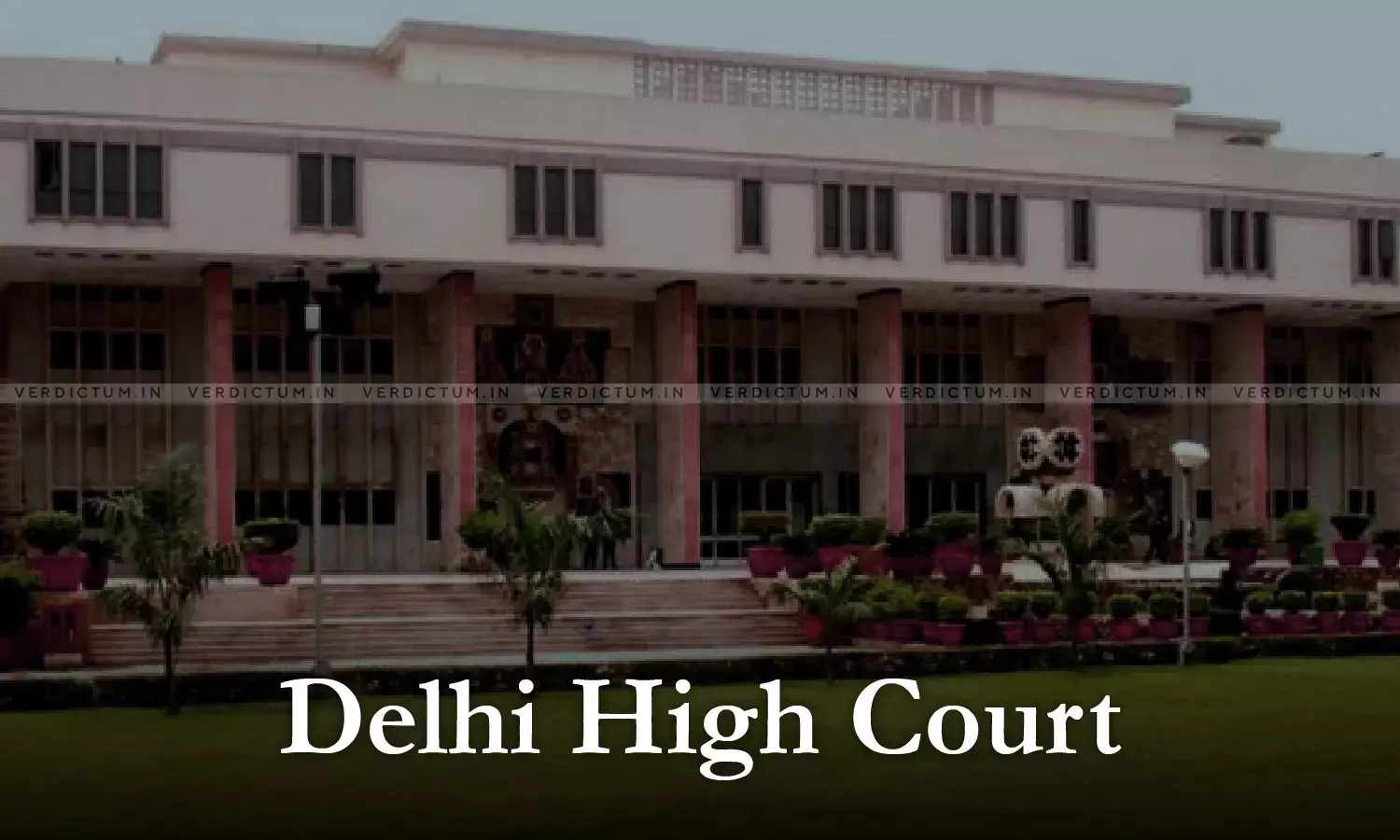Delhi HC Sets Aside Pharmacy Council's Moratorium On Opening Of New Pharmacy Colleges
The Delhi High Court has set aside the moratorium issued by the Pharmacy Council of India (PCI) on the opening of new pharmacy colleges for five years with effect from the academic year 2020-21.
Justice Prateek Jalan said in his judgement dated March 7 that a statutory body must trace the source of its power to a statutory provision and the exercise of executive authority by PCI in the present instance was in excess of its powers and thus cannot be sustained.
"I do not find any clear power to be conferred by the Act (the Pharmacy Act, 1948) upon the PCI to impose the moratorium by way of a policy decision, unsupported by any authority under the Education Regulations", the High Court said in its judgment.
The impugned decisions of the PCI dated 17.07.2019 (on moratorium) and 09.09.2019 (on exceptions) are set aside, it ordered.
The judgement was passed on a batch of 88 writ petitions challenging the moratorium and its exceptions. The petitioners were entities which claimed to be desirous of establishing pharmacy colleges and therefore needed prior approval of the PCI.
The moratorium did not apply to the government institutions, the institutions in North Eastern region, the states/Union Territories where the number of D.Pharm and B.Pharm institutions is less than 50.
Defending the decision, the Council had argued before the court that it had the power to regulate the pharmacy sector and the moratorium in question was not a prohibition but a temporary suspension.
In its 38-page order, the High Court observed that the right to establish an educational institution has been held to be a fundamental right under Article 19(1)(g) of the Constitution by the Supreme Court and the regulator must have sufficient material to support its decisions and show consistency in its approach.
The court recorded that the objectives of the moratorium were to ensure that the pharmacists-to-population ratio in the country did not exceed a level where job opportunities are not available to trained pharmacists and to ensure the maintenance of quality education in the field as well as to prevent a shortage of qualified faculty consequent upon increase in the number of colleges.
However, the exemptions granted by the PCI were antithetical to the objectives and prima facie there was an inconsistency in the regulator's approach, it said.
The Court has held in its judgment that, "In the present case, for example, the PCI has justified the moratorium inter alia on the ground of vacancy in pharmacy colleges. However, the PCI's communication dated 26.09.201967, contemplates an addition of 2,00,000 pharmacists to the workforce every year".
"There is prima facie an inconsistency in these considerations to the extent that it is unclear whether such an addition would occur despite the vacancies in pharmacy colleges. Similarly, despite the grounds used to justify the moratorium, the PCI has, in fact, granted permission for addition of 34,800 seats in exempted institutions in the year 2020-21", the Court said.
It added, "In the present case, for example, the exemption granted to the states with less than 50 pharmacy colleges is independent of the size of the State. Consequently, it bears no correlation to the pharmacist-to-population ratio prevailing in the State, or to any other metric which has been used to justify the moratorium in the first place. Similarly, the exemptions granted to existing institutions for increase in number of seats is also unsupported by any material on record".
The Court also said that as a matter of practice, regulatory bodies would do well to consider if it is possible to make their decisions known some time before they come into effect.
It further said that while the regulatory bodies have experts with relevant experience, it is necessary to emphasise that sufficient factual basis of the decision must be available, so that the authority is able to show due application of mind.
Click here to read/download Judgment
With PTI inputs












